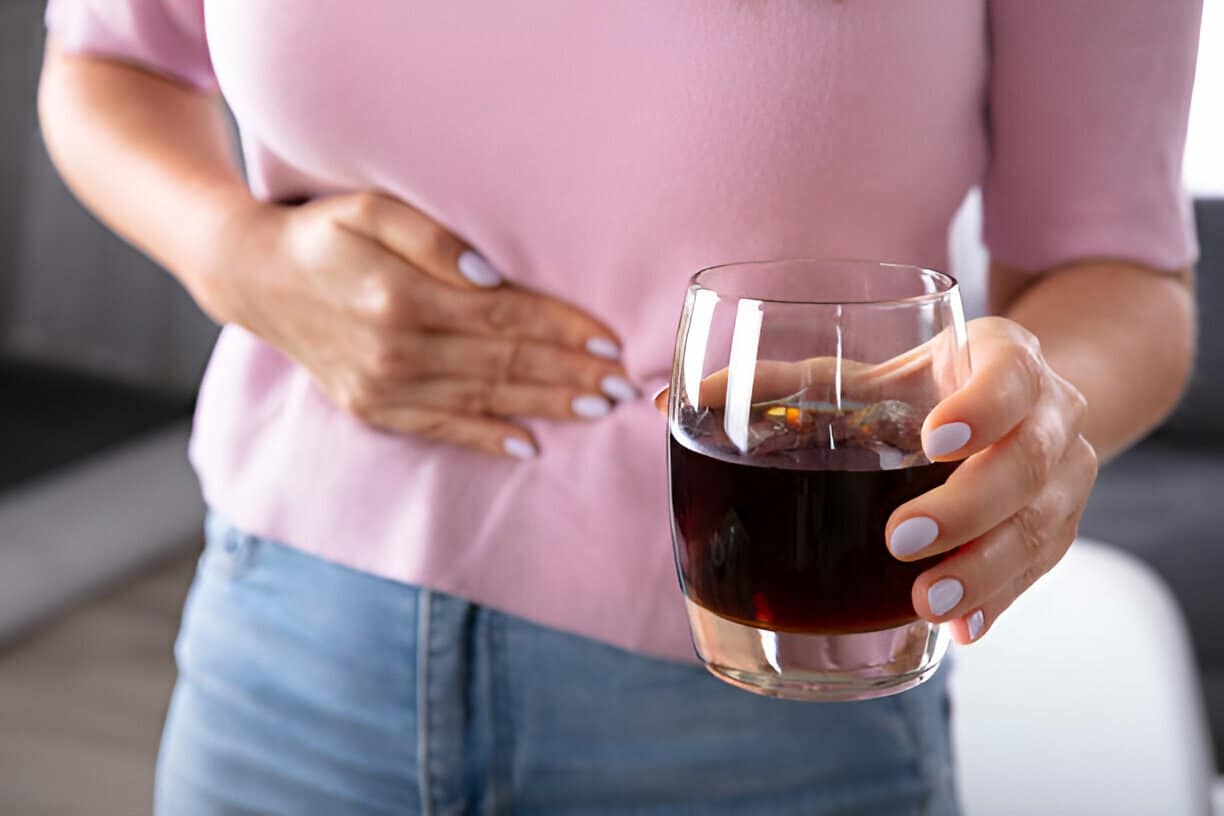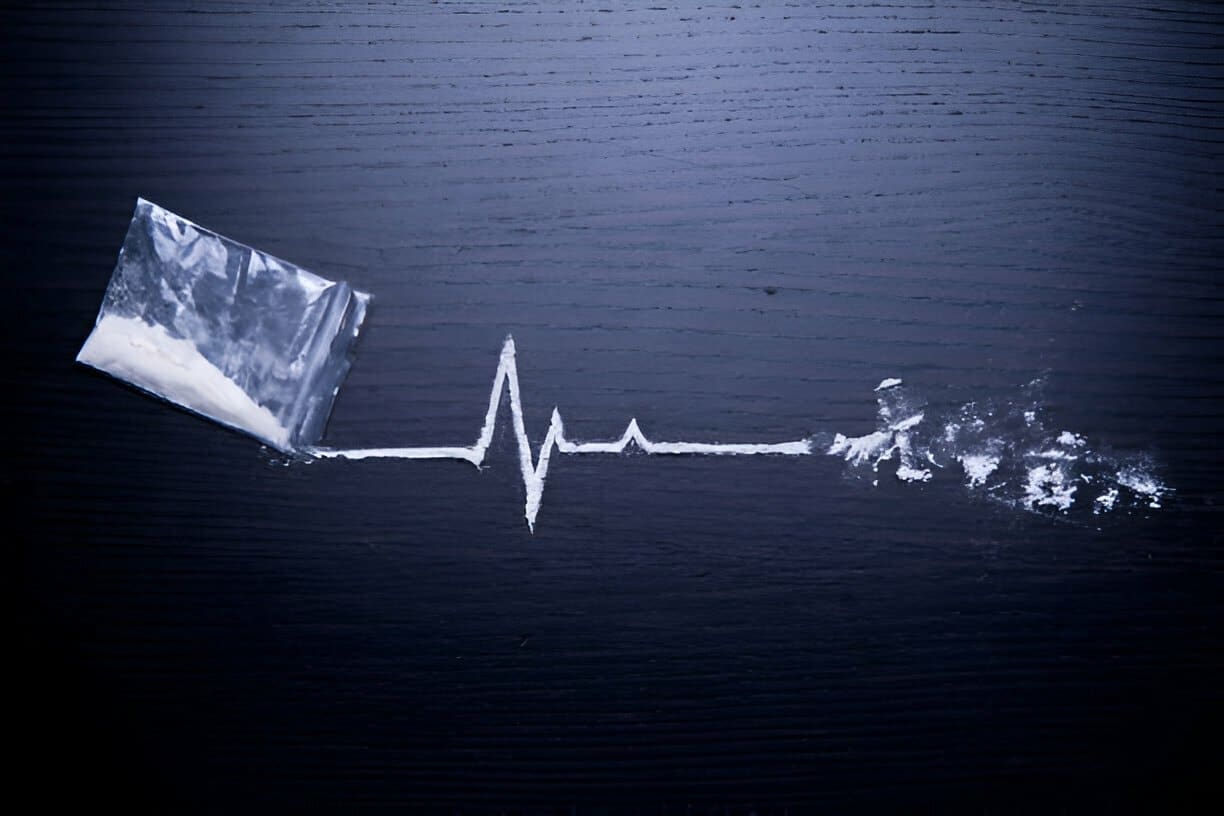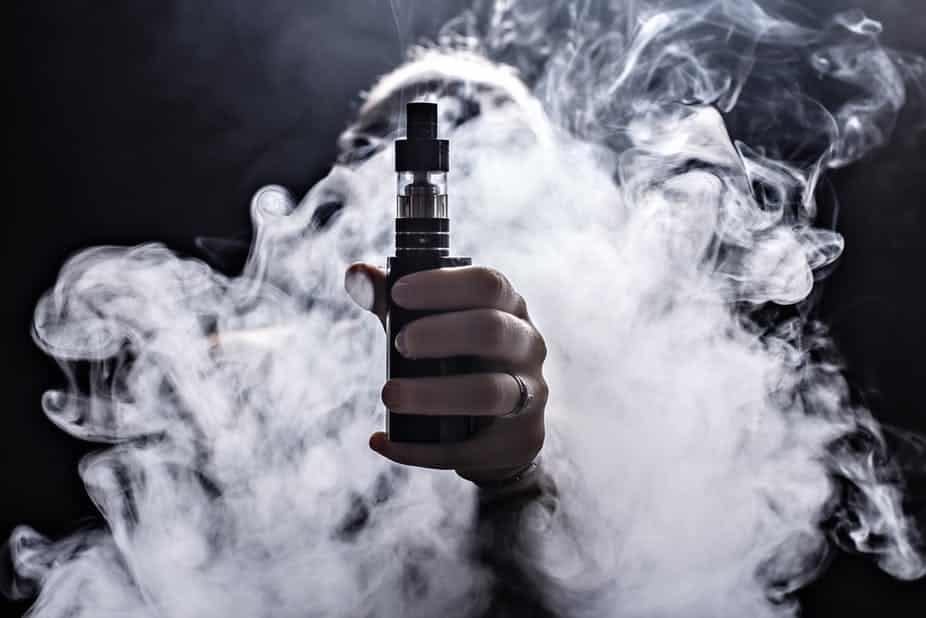If you are concerned that you or an adolescent loved one may have a problem or addiction to alcohol, drugs, or prescription pills, you have come to the right place for assistance! Over 10,000 people have used Compare Rehab UK to get the proper treatment, therapy, and support for their abuse and addiction issues. Any addiction, including legal substances like over-the-counter medicines and legal highs, popular among youths, can be fatal. According to our experience, which is supported by statistical evidence, most youths will experiment with alcohol and drugs, usually of the softer variety, to begin or continue a behavioural addiction. For some, experimentation will be just that, but for others, it can quickly progress into a full-fledged addiction and substance abuse problem, leading to the abuse of more potent drugs. In the United Kingdom, there is addiction treatment for youths and students.
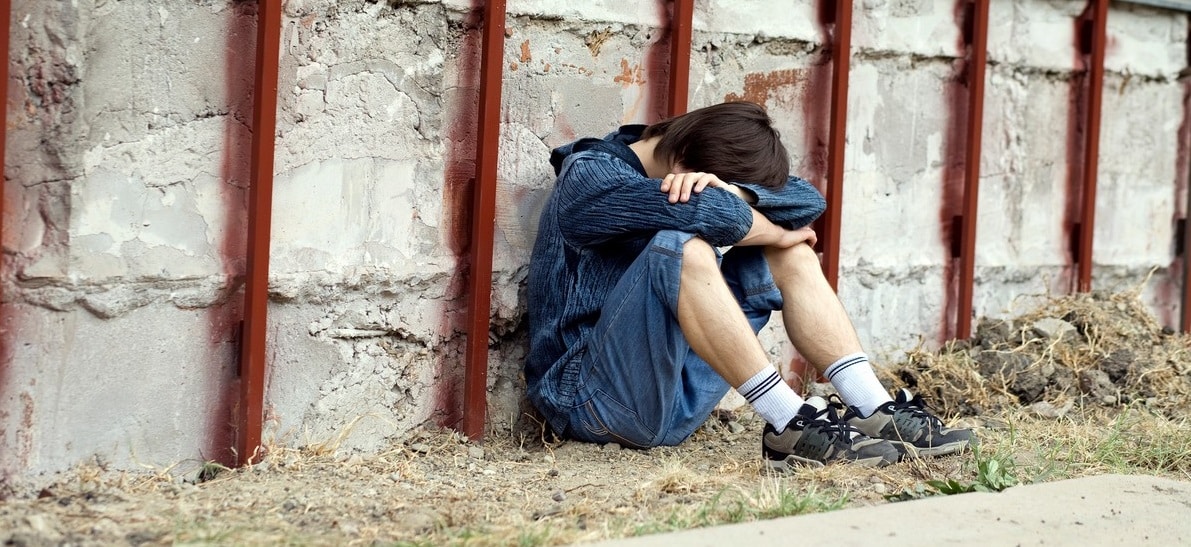
Teenagers are more likely to experiment with narcotics that are simple to obtain, such as a variety of so-called “safer drugs.” They choose these in the false notion that they will be less likely to become hooked or be in danger. Teenagers commonly abuse the following drugs and substances:
This article aims to inform you, as a parent or as an adolescent who may be trying or considering experimenting about the risks associated with each type of substance. We’ll also explain what addiction is in detail to see that it’s not a choice but a life-threatening disease of the mind and body. We believe that knowing the facts is critical for being educated and making your own informed decisions and choices.
Over 10,000 people have used Compare Rehab UK to seek and obtain help and therapy for their misuse, abuse, or addiction problems. This page is primarily intended for parents and primary caregivers so that they can educate their children. Still, we also want to be able to reach teenagers who may be seeking assistance or knowledge but are unsure where to begin or how to obtain it. If you’ve come to this page, you don’t need to look any further; we’ll provide you with all the information you need, and we can also personally assist you in getting the aid, support, and therapy you require.
Compare Rehab UK is the UK’s foremost authority on rehab therapy, and we specialise in addiction treatment. Many of us are recovering from addiction, having overcome our own personal issues with the right treatment and support. When you ask any addict when they first took a substance or developed an addiction to something, the vast majority would say their early teens or late childhood. When it comes to peer pressure and the desire to fit in and be accepted by others, this is when children and teenagers are most vulnerable.
If you’re a parent with questions or concerns about your teen’s behaviour or the possibility of alcohol or drug misuse, please contact us to learn more about the treatment options available.
Later in the text, we’ll discuss particular therapy alternatives with you.
If you’re a teen who’s afraid to talk to anyone, you can speak to us anonymously, and we’ll help you receive the support you need. Please get in touch with us through phone or live chat right now!
Some people are predisposed to developing addictions more than others. This is a crucial consideration for those thinking about trying alcohol or drugs for the first time; they may be opening the door to a life of suffering that they cannot stop or even control. Teenagers who are more likely to develop a problem with abuse or addiction include:
When an addict’s brain discovers an activity, drug, or substance that promotes the creation of Dopamine and Serotonin (the body’s naturally occurring, organic brain chemicals that generate sensations of happiness and emotional equilibrium), they cling onto it, needing more and more.
Addiction does not develop overnight; in most situations, it begins with recreational use, then progresses to a habit, and finally to a need (addiction). However, being addicted to a substance can develop in as little as a few weeks of frequent or daily use, depending on the drug.
Remember that a teenager’s brain is susceptible because it is still developing. Therefore addiction habits can emerge quickly without notice. They commonly begin with so-called “softer” drugs like alcohol, tobacco, and cannabis. Still, once these lose their desired impact, they can advance to harsher drugs, including forbidden psychoactive substances, Class As, and strong opioid medications. They can also combine drugs to have a more significant effect.
When teens aren’t emotionally mature enough to grasp the long-term repercussions of frequently escaping themselves and reality, their brains quickly learn that alcohol and drugs may make life more enjoyable, block out their problems, and modify their feelings.
Individuals with an addiction problem create far less Dopamine and have difficulties naturally feeling pleasure and joy. Dopamine production is low in all addicts. This is why people become addicted – their dopamine levels gradually decline to the point where they only feel pleasure or joy when they are artificially stimulated while abusing a substance or behaviour.
As the condition progresses, the brain gets tolerant to the initial dose of Dopamine that is used to flood the brain when a specific substance or activity is used. This causes a Dopamine fall and a decrease in pleasure response; as a result, people acquire greater and stronger desires for more and more. The addiction progresses and evolves, with ever-growing and more dangerous repercussions.
It’s critical to recognise that addiction is a brain disease recognised by Public Health England (PHE) and the National Institute on Drug Abuse (NIDA). Without proper treatment, it will only get worse over time. The brain generates new neural connections that are important to continuing the addiction as the addiction progresses and the substance or activity is abused more and more. When an individual’s addiction has progressed, they will have lost all control over their own thoughts and behaviours. They have become hardwired to their particular addiction, no matter how hard they attempt to resist it. This will come at a high financial, mental, emotional, social, physical, and spiritual cost to them and their loved ones. The only way to successfully treat addiction is to use proven therapies designed to reshape the user’s brain to think differently, providing the necessary shift in thinking to keep them clean and sober. This process can help users live their lives on their terms and assist them in rebuilding new healthier neural pathways within the brain. To make any of this conceivable, complete abstinence is required.
If you’d like more information about how we can plan the best rehab or therapy for your youngster and create a tailored treatment plan, please phone us right now or use our Live Chat feature. Our line is open 24 hours a day, 7 days a week, and we look forward to receiving your call!
Teenagers are naturally secretive because they are going through many changes in their bodies and minds, and they are becoming more insular. It can be difficult to detect drug or alcohol addiction in teenagers since they can go through several phases, appearances, and friendships while pushing limits and frantically attempting to find their place in the world. Different drugs will have different effects and symptoms.

Most parents have an intuitive sense of when something is going on, and we would advise them to trust their instincts. Finding drug paraphernalia or symptoms of drug use provides sufficient proof for an open and honest discussion. Any abrupt unfavourable changes in personality or appearance should also be taken seriously. If their grades begin to decline, and they become unpredictable, careless, and indifferent, these signals that something more serious is happening. When talking to a youngster about suspected drug or alcohol abuse, it’s crucial to avoid preaching to them and instead ask them to open their minds to learn about what they’re doing and the consequences.
Inquire about what they believe they require to recover. Don’t encourage addiction by handing over money or lending money you know you won’t get back. It’s possible that they won’t open up to you because they don’t want to shock or concern you; if this is the case, recommend they speak with an advisor like those who respond to our hotline.
When discussing potential alcohol or drug problem with your teenager, it is critical to spend one-on-one time with them without interruptions or the risk of being overheard. Allowing them to read this will be beneficial and educational. It’s an excellent way to start a nonjudgmental, nonthreatening, and factual discussion. Inquire about their ideas and experiences, as this can help you better grasp their circumstances.
Several organisations provide free, charitable support to individuals impacted by another’s addiction – please search for Adfam and Families Anonymous for more information.
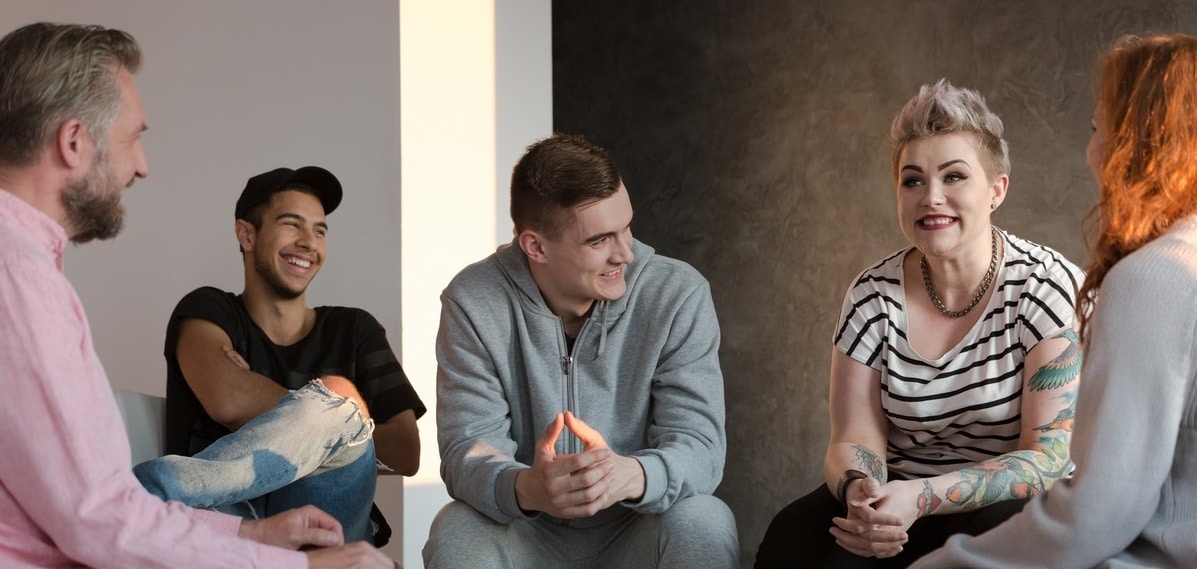
The majority of people who become addicted to alcohol remember their first drink vividly, as well as what it meant for them:
“I was a shy and insecure youngster who wanted to fit in, but I was usually in the background, feeling out of place.” At a park, an older boy handed me some cider, and I remember the immediate warmth and power it provided me. I was no longer terrified; life was in magnificent technicolour, my problems vanished, and I felt secure and like one of the gang; I had finally found my place! I was 13 at the time and became extremely ill later that night, which put me off for a week or two, but the seed had been planted: alcohol was my solution to life, to feel good, to address my fears, and to fit in. I was drinking every day and attempting other substances by the time I was 18… I’d sacrificed my degree and talent on the false promise that booze would solve all of my problems. I was in love. After alcohol had beaten me into servitude, I sought treatment in my mid-thirties. I couldn’t go another day with THAT existence, so I sought help. I’ve been sober for 7 years and have recently remarried for the third time (first time in sobriety) and have restored the connections that my drinking nearly ruined. Addiction is attractive and deceptive until you wake up one day and realise you’ve sold your soul to the devil! ” Paul.
Alcohol poisoning may be pretty harmful to a teenager with a low tolerance for it; many teens end up in difficult circumstances or even in the hospital. Teenagers under the legal age to acquire alcohol typically obtain it by asking an adult to buy it for them, stealing from a store, using a fake ID, taking it from their parent’s stockpiles, or getting it from friends. Alcohol in moderation is OK once they are of legal drinking age, but responsible drinking is something they will need to learn to reduce the risk of harm to themselves or others.
Food, particularly sugary meals, is the initial source of consolation for many people who develop addictions as youngsters. Sweet meals, in particular, provide comfort to teenagers by making them feel good. If sugar addiction progresses to a full-fledged addiction, it can be fatal. Please read our section on sugar addiction for more information, as it is the world’s most prominent cause of death and can lead to many health problems later in life. Most foods are great in moderation, but, as a parent or primary caregiver, it is vital to teach your children about a healthy balanced diet and offer them the knowledge and flexibility to make their own decisions.

Cannabis is the drug of choice for children of school age, according to statistics backed up by an ONS (Office for National Statistics) study. It is the most commonly used substance among 15-year-old kids, who believe that taking Cannabis once a week is harmless.
Cannabis is most dangerous when smoked or consumed throughout adolescence, while the brain is still developing. It has been proven to disrupt brain development, making those who smoke it during this time more vulnerable to mental diseases like depression, schizophrenia, and anxiety disorder. It may also serve as a stepping stone to more powerful and potentially deadly drugs and addictions in the future.
Prevalence by type of substance used in the Attitudes to drug use; in 2015, 9% said it was okay for someone their age to take Cannabis once a week. Cannabis was the most popular drug, followed by volatile substances and any Stimulants, which might include any of the drugs listed in that section and prescribed stimulants including Amphetamines, Ritalin, and Adderall.
Don’t go through the process of recovery alone. Treatment providers can answer your questions. Get in touch with one today.
Call 0800 999 1083 today!
While there is increasing awareness of the harms of smoking, Cancer Research UK’s research reveal that it is still a concern among teenagers. Overall, 15-year-olds, both boys and girls, smoke the most among teens in the United Kingdom. Girls under the age of 15 are the most likely to smoke.
We are taught from a young age that medications help us feel better. In most cases, they do, when prescribed, taken as prescribed, and for an acceptable medical complaint or condition. Over-the-counter pharmaceuticals are easily purchased from pharmacies, online, and supermarkets, providing juveniles simple access to purchase, steal, or have someone of age buy for them. Teenagers may be drawn to adult medicine cabinets because some contain heavier prescription drugs.
All medication abuse can be harmful to an individual’s health; abuse occurs when a medicine is not taken as prescribed or as recommended for a legitimate medical complaint and is used for purposes other than those for which it was intended.
Due to its great potential for addiction and dependency and the euphoric benefits that can be obtained when it is abused, codeine is the most widely abused over-the-counter drug. Codeine is available from any drugstore and is almost always coupled with another legal analgesic. Both can result in severe physical damage in short-term abuse and long-term addiction and dependency. Codeine-based drugs are available in a variety of forms and brands, including:
Codeine is present in varied strengths in all of these drugs, ranging from 4mg to 12.5mg per pill.
These over-the-counter drugs containing codeine can lead to drug addiction and dependency in as little as three days!
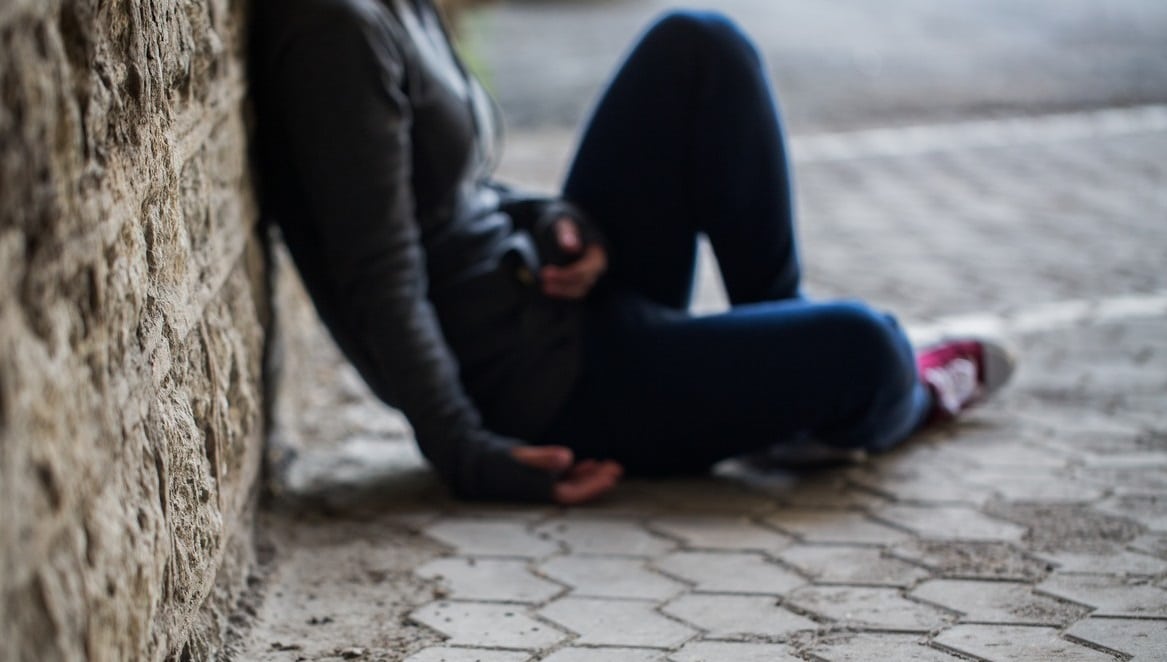
Many of these drugs cause drowsiness and contain Codeine, a cough suppressant, and other addictive chemicals, making them very susceptible to abuse. They can become a fatal combination when abused or coupled with alcohol or other substances. When used regularly or for longer than suggested, they all have the potential to become addictive. Cough, cold, and flu over-the-counter drugs with the following addictive components are commonly abused:
Many antihistamines offered over-the-counter also have sedative qualities and can be used as a sleeping aid. The sedative effects of high doses are powerful, and the user will feel very tired and calm. Tolerance develops over time, which means that the person will need to take more of the medicine to achieve the same effect. When used with alcohol or other sedatives, the effects of sedation are amplified. They have a high potential for abuse and addiction. Antihistamines are typically sold as syrup or a pill; the active ingredient Promethazine is also included in various over-the-counter cough and flu medications.
Decongestant drugs are routinely bought over-the-counter and often contain active chemicals like promethazine, which can be addictive. Because of the active components, they have the potential to become addictive. They can cause drowsiness when taken as recommended, but when abused and given in higher dosages, they can cause sensations of euphoria, relaxation, warmth, and tiredness. Decongestants can be dangerous when combined with alcohol or other drugs, and overdose on them can be fatal.
People with eating disorders often use over-the-counter laxatives to shed weight or purge after a binge. Those suffering from eating disorders such as anorexia and bulimia frequently overuse laxatives. When taken in large amounts (beyond the recommended dosage), this over-the-counter drug can cause severe dehydration, electrolyte imbalances, and even death. Overdosing and repeated use can cause various short-term and long-term issues in the stomach and colon. Electrolyte imbalances can cause heart difficulties, culminating in dangerously low potassium levels, leading to a heart attack and death.

According to statistics, most youngsters who take prescription drugs are frequently referred to as RX medications (RX refers to prescription drugs and is a relatively new term for medicines that should be taken as prescribed), get them from their parents or family members. Parents and primary caregivers play a critical role in informing their children about the dangers of using prescription medications that aren’t meant for teenagers or youngsters. The statistics on youth abusing prescription pills are frightening; they consider it a safer option to other illicit drugs, with one out of every six teens taking them solely to get high.
Some different data and surveys show that most prescription medication addiction begins in the adolescent years, up to 90%!!
Prescription medications are the second most widely abused narcotics, after Cannabis (including synthetic varieties) and volatile substances. Prescription drug abuse can have devastating consequences; it can lead to addiction, but it can also lead to overdose, as many teenagers are unaware of the potent effects of certain prescription drugs. This is why it is critical only to take prescription medications prescribed for you and take them exactly as directed.
According to studies and figures issued by the National Institutes of Health (NIH), the repercussions of youth taking prescription medicines can lead to addiction and overdose in late adolescence and early adulthood (the primary age bracket is regarded as the most at risk), and the numbers are rising!
Compare Rehab UK believes that educating children and teenagers about the hazards of these drugs is critical. The guidelines in the following section will help you protect your child or teenager from abusing prescription pills that are commonly available at home or supplied by friends.
Being a parent or primary caregiver doesn’t come with a manual; sometimes, we instinctively know what to do, and other times we feel lost. Many people contact Compare Rehab UK with concerns about their teenagers abusing drugs, and we’re frequently asked: Is there any place we can put them? Are there any boot camps for teenagers? Is it possible for me to send my child to rehab? What should I do now that I’ve lost my child to drugs and have no control over them?

There are no easy answers when a child or teenager is already addicted to or abusing drugs. There is some treatment available, but it isn’t nearly as extensive or specialised as it needs to be, and it isn’t available on the NHS. Treatment alternatives will be discussed later in this text.
Education is the best prevention method, and prevention is the best way to avoid a problem from arising in the first place. As a parent or primary caregiver, you may want to consider the following tips to help protect your child or teenager from prescription medications abuse:
In addition to smoking, many children may try volatile chemicals at some point; this is more of a phase, though some do become addicted to the high they get from these substances. The following common household compounds are examples of volatile substances:
The user can inhale these compounds directly or place them in a plastic bag and close it around their nose and mouth. The effects are comparable to those of alcohol intoxication. Depending on the substance, some people may feel light-headed and dizzy, while others may feel tired and sick. Others may experience a high and a buzz – euphoric feelings.
The problem with volatile drugs is that their effects on the individual are unpredictable. They can result in sudden death due to a lack of oxygen in the brain or respiratory arrest.
“I felt ecstatic, dizzy, and inebriated the first time I puffed a can of butane gas.” It was addicting; I desired that sensation, and before I knew it, I was huffing up to six cans every day until I had a near-death experience that terrified me away from them. I then looked for something safer to replace it with, so I switched to beer, cannabis, and medications. I was 15 years old, hanging out with a horrible crew, and all I wanted to do was fit in and be accepted. That was the beginning of a life-long struggle with addiction. I didn’t become sober until I was 38 years old, after being battered and damaged by every drug known to man. I couldn’t sit still and had to flee myself and my life continually. I ended up in recovery because I’d spent my entire life being addicted to something. I had to teach myself how to live and come to know myself from the ground up. Thank goodness I did; I now live a chemical-free lifestyle and eagerly anticipate each new day. It was frightening at first, but now that I’ve adjusted and have the support, I’m looking forward to the future. It’s easy to say, ‘If I could go back in time, I’d do things differently.’ Now I speak in schools and share my experience in the hopes of preventing even one teenager from following in my footsteps.” Mel
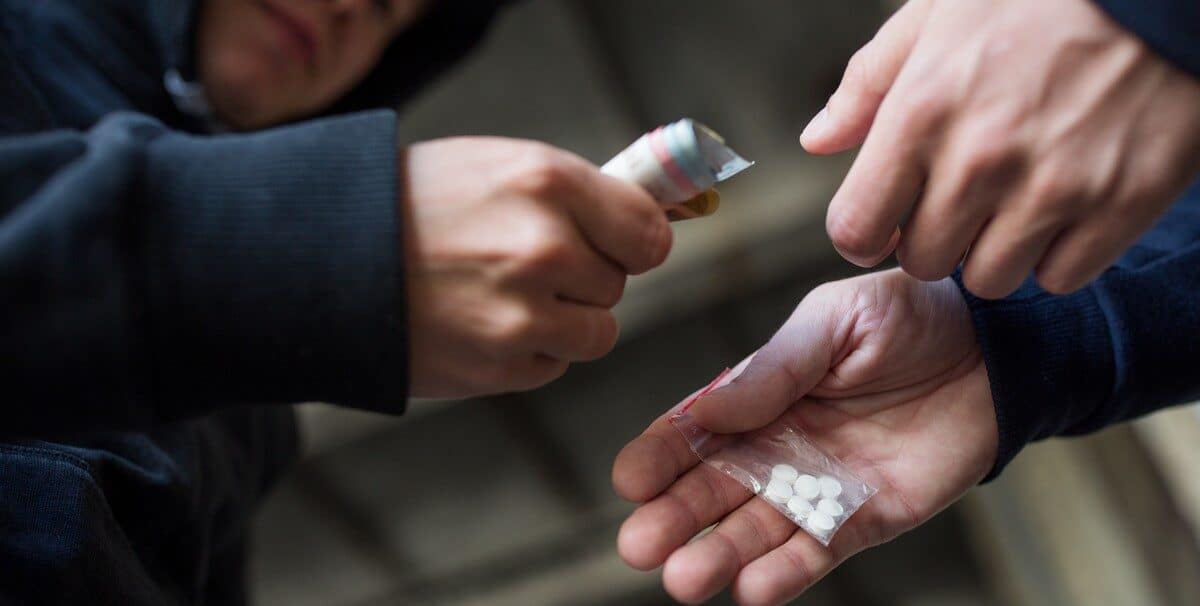
Legal highs are one of the most potentially fatal drugs on the underground market. Legal highs are popular among teenagers and easy to purchase on the black market. At the same time, most are now prohibited under the Psychoactive Substances Act, which went into effect in May 2016; there is still a perception that they are a safer alternative. Since their ban, manufacturers have been granted carte blanche to create more potent and addictive concoctions. Spice (a catch-all term for a variety of synthetic Cannabis legal highs) and phoney valium and Etizolam have been blamed for many deaths. These substances now contain a variety of deadly and addictive compounds.
Statistics provided by ONS (Office for National Statistics) show the scope of the problem, which affects teenagers and young adults. Recent studies reveal that these figures have risen since this class of substances were outlawed and forbidden under the Substance Misuse Act 1971, sub act ban on Psychoactive Substances, which was enacted last year in response to an alarming number of deaths caused by legal highs. Ex-legal highs are now more potent than ever before, and the mortality toll is mounting. Because these medications have been forced underground, there is no way to regulate their safety.
The following are some of the most well-known names for deadly ex-legal highs:
There have been 27 deaths linked to various kinds of spice from January to September 2017. In Scotland, where synthetic Valium is most commonly used, a record number of people have died due to it. Teenagers must be made aware that ex-legal highs are extremely hazardous and potentially lethal, that they are highly addictive, and that when combined with opiates, alcohol, or other sedatives, they form a deadly cocktail.
Poppers are still classified as a legal high and are not prohibited under the Psychoactive Substances Act of 2016.
Poppers are often marketed in small containers as a liquid chemical and can be found in various stores, including the internet and sex shops. They belong to a class of compounds known as alkyl nitrites. Butyl nitrite, isopropyl nitrite, isobutyl nitrite, and amyl nitrite are alkyl nitrites. They widen blood arteries, allowing more blood to reach the heart.
Poppers are a sexual stimulant that can also give the user a euphoric surge in the head. Teenagers typically use them to get high at parties, in groups or alone.
While poppers are still legal, they can place a lot of strain on the heart and organs if used frequently. They can also cause people to lose their inhibitions and engage in sexual behaviour that puts them at risk of undesired pregnancy, STIs, STDs, and HIV. Sudden death sniffing syndrome has been documented in cases when an individual died suddenly due to heart failure or respiratory arrest after taking poppers. When Poppers are used with other drugs or alcohol, the risks and dangers rise because oxygen flow to essential organs might be limited or cut off.
Don’t go through the process of recovery alone. Treatment providers can answer your questions. Get in touch with one today.
Call 0800 999 1083 today!
Students most commonly use stimulants to help them stay awake and attentive for extended periods. They are most widely used between the ages of 15 and 18, in school, college, or university. Ritalin and Adderall, both prescribed stimulants, are commonly abused. Some people use legal stimulants like ProPlus and over-the-counter medicines, while others turn to illegal substances like speed and amphetamines. All of these medicines have the potential to cause significant harm and addiction if misused, while they can have a physical and psychological impact on a person. Students in college and university are particularly vulnerable as they strive to balance studying and partying. All stimulants, when abused, put a strain on the heart and cognition; even coffee abuse can send people to the hospital. It’s critical that your adolescent understands the dangers of this class of drugs.
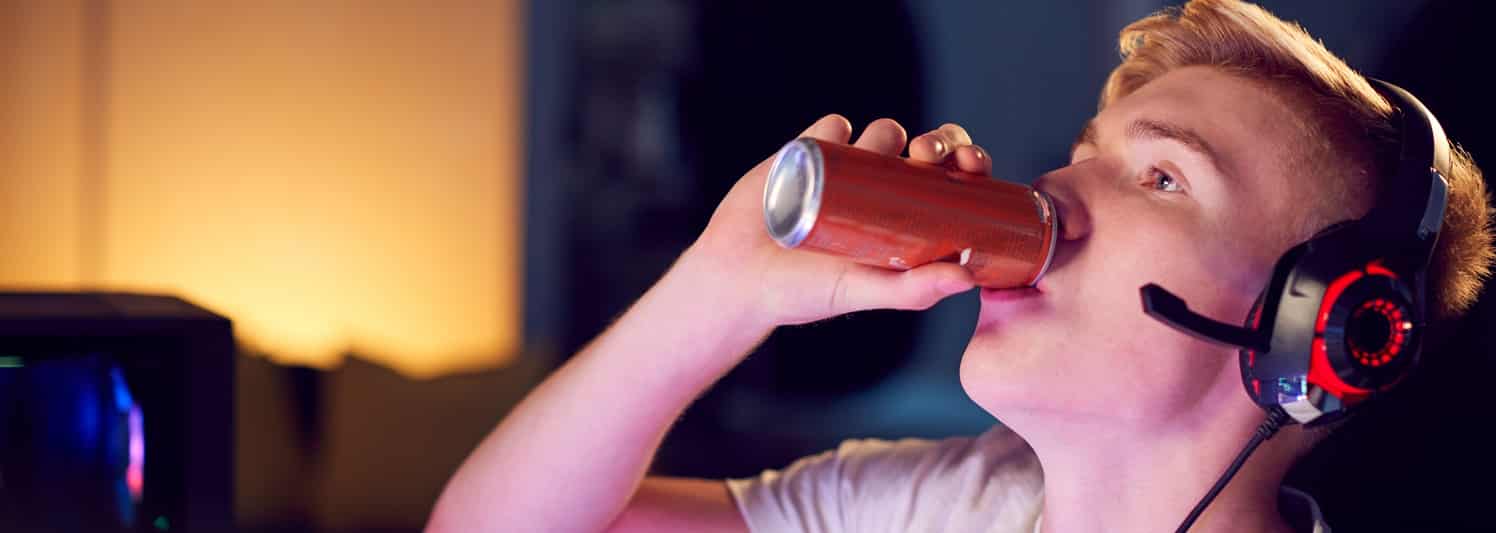
Many of the drugs we’ve already described fall under the category of “party drugs,” which includes many substances intended specifically at making people high. The following are the most popular party drugs among teenagers:
They are all deadly when abused, taken in excess, or combined with other substances. Teenagers at parties are likely to be offered drugs and alcohol by others; nevertheless, they will only be able to make an informed decision if they are educated on the dangers of specific drugs. At that age, peer pressure can be overpowering, and it takes a confident youngster to know the facts and be comfortable saying no. Give your child a get-out clause if they find themselves in an uncomfortable situation during a party, advising them to make an excuse and leave if they are feeling pressed or not having fun.
It’s vital to remember that you can’t wrap your child in cotton wool; as tempting as it may be, they’ll need to learn certain life lessons for themselves to evolve and grow, but providing them with the correct information can help them make the best decisions for their own well-being. It also demonstrates that you, as a parent or caregiver, are willing to discuss the matter with them if they have any questions. Being approachable on such topics may be beneficial. When training children and teenagers, stick to facts rather than horror or fright stories, as they will easily detect deception and will be less likely to approach you if they believe they are not being told the truth.
Private treatment for teenagers is costly, but Compare Rehab UK can assist with the arrangements if you have the financial means. In the United Kingdom, most private rehab clinics cannot accept children under the age of 18 for insurance reasons, while there are a few elite treatment centres that will take youngsters aged 16 and up. Compare Rehab UK also has access to specialist addiction treatment facilities in other countries, where parents can stay with their children. The juvenile rehab facilities with which we have collaborated specialise in treating adolescents suffering from addiction or abuse issues, such as eating disorders, gaming, gambling, and internet addiction. The rehab centres we recommend are all CQC-accredited and provide the highest medical and psychological care level. For individuals aged 18 and over, there are over 100 high-quality rehab centres to choose from, with locations all across the UK and internationally.
Compare Rehab UK has assisted over 100 people in finding the proper support and therapy for their specific addiction problem and can also provide information on NHS treatment options and free services in their area. We can also arrange for emergency admission to one of our treatment centres if necessary. They give a highly safe and secure setting where the individual can be isolated from the toxic environment in which they have immersed themselves and focus on getting better. We provide a wide range of services, from low-cost quality rehabs to high-end luxury rehabs.
Suppose your teen has a physical addiction to alcohol or drugs. In that case, they will be treated with a thorough medical detox programme, which a qualified and experienced doctor will recommend. Following that, individuals should ideally participate in a comprehensive recovery programme to ensure that they do not revert to their previous lifestyle and drug use. Rehabilitation is essential for preventing relapse and teaching the patient healthy coping mechanisms, and dealing with the underlying causes that cause them to want to escape themselves and their world. Individuals with dual diagnosis conditions and those presenting with multiple addictions can also be treated effectively by us. Additionally, all patients who finish their therapy with us will receive a year of complimentary aftercare at the rehab facility.
We only collaborate with professional addiction rehabs that employ addiction experts with excellent credentials and expertise, such as Doctors, Nurses, Counsellors, Psychologists, Holistic therapists, and Support workers. Many of our employees have conquered addictions themselves, putting them in a unique position to understand the disease of addiction and how it affects the lives of individuals and their loved ones. They have a thorough understanding of the problem and use their own experience and qualifications to treat their patients’ psychosocial aspects of over-the-counter pharmaceutical addiction.
You or a loved one will benefit from the following evidence-based, powerful, and healing addiction treatments by enrolling in one of our excellent rehab clinics:
If you’d like more information about how we can find the proper rehab and individualised treatment plan for your adolescent, please call us today or use our Live Chat function. Our line is open 24 hours a day, 7 days a week, and we look forward to receiving your call.
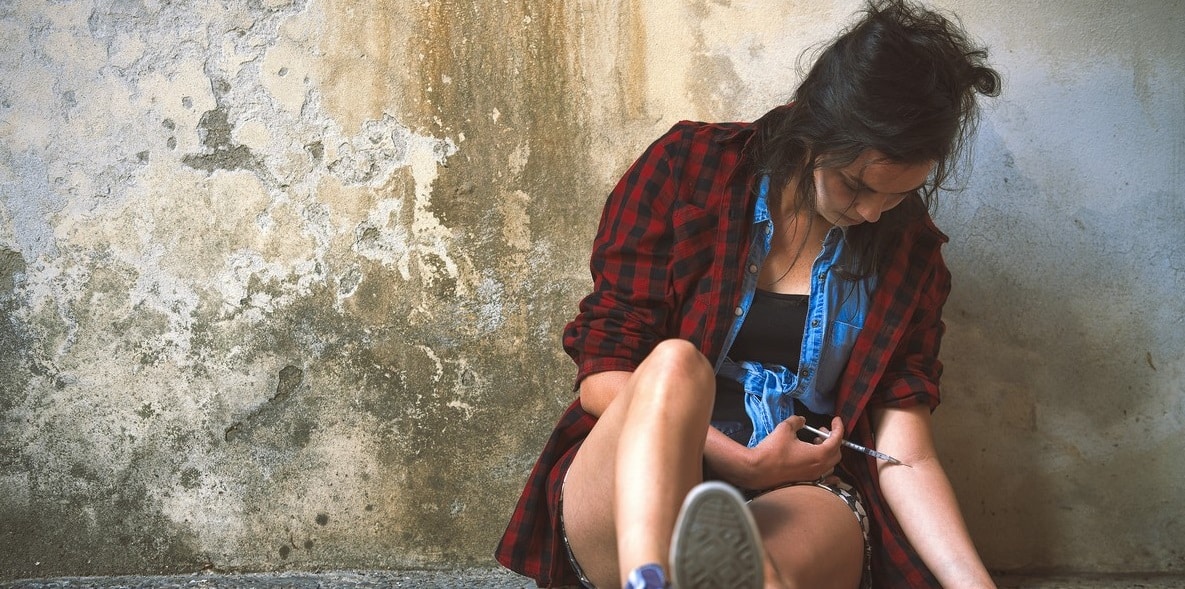
If your adolescent is under the age of 18 and needs free aid or treatment on the NHS, the first place they should go is to their GP to see what options are available in their region. Some alcohol and drug treatment centres will assist kids under the age of 18. However, this may depend on where they live. Your doctor can also recommend them to a local CAMHS team, specialising in assisting children and teenagers with mental health, behavioural, and social issues. Your doctor can also provide practical assistance and support and refer you to any specialists that may be needed to help your child recover from addiction. The most important thing is to avoid feeling guilty, ashamed, or responsible for your child’s addiction issues. Addiction can impact everyone, regardless of age, gender, religion, or social context.
Recovery is possible at any age, and obtaining help for your adolescent sooner rather than later can avoid years of suffering and agony at the hands of addiction. You can talk to us in absolute confidentially for further information on how we can help, or if you have any queries about treatment for a youngster with abuse, misuse, or addiction problem. Please contact us today for more information, support, and assistance.

BACP accredited psychotherapist with 16 years experience working in mental health specialising in psychodynamic person-centred therapies treating those with a range of mental health disorders including anxiety, depression, OCD and Addiction.

Fill in your details and we’ll send you a message via SMS.

No matter where you live, there are drug and alcohol rehab options for you to discover. Treatment providers are waiting to answer your questions. Get started today.

Ever felt that gnawing ache or burning sensation in your gut after a night of drinks? You’re not alone. Stomach pain after drinking is a common complaint, and there are a few reasons why it might happen. Let’s delve into the science behind the discomfort and explore ways to soothe your stomach. The Irritating Truth: … Continued

Cocaine, a stimulant known for its short-lived burst of energy and euphoria, hides a dark side. Behind the initial high lies a dangerous potential for overdose, with severe health consequences and even death. This article delves into the world of cocaine overdose, equipping you with the knowledge to recognize the signs, understand the dangers, and … Continued

Adult smoking habits in the UK refer to how often and in what ways people aged 18 and above use tobacco. This includes everything from smoking cigarettes every day to occasionally lighting up, as well as using other tobacco products. Understanding these habits is important for several reasons: Public Health: Smoking causes many diseases that … Continued

Addiction in the UK is a complex issue that is connected to various aspects of society such as healthcare and law enforcement. It affects people from all backgrounds and has negative impacts on families, communities, and the entire nation. Understanding addiction involves not only looking at the uncontrollable use of substances and repetitive behaviors but … Continued

Don’t go through the process of recovery alone. Treatment providers can answer your questions. Get in touch with one today.
Call 0800 999 1083 today!





